The best way to protect yourself from an abusive partnership is to avoid an abuser altogether. It is far more difficult to leave an abusive situation once you’re in it than to never begin in the first place. Abusers are master manipulators. They may hide these signs or mask them early on. They often appear to be nearly perfect partners until they believe they have their target on the hook. So, if you see some of these signs in your dating relationship, keep an eye on your partner.
1. Love Bombing
Love bombing feels amazing. Your partner will shower you with attention and affection early on and make you feel special, loved, and appreciated. Love bombing lowers your defenses and makes you feel closer to the person than you really are.
Love bombers will tell you how amazing you are from the start, sometimes before you have even met. They may say you are their soulmate or they’ve never felt so connected to someone before. They’ll tell you you’re special and unique. They’ll share secrets with you they claim to never have shared with anyone else and ask you to share yours.
They’ll spend all their free time with you. They’ll call and text you constantly. They’ll keep you up on the phone all hours of the night- keep in mind sleep deprivation lowers your defenses.
Love bombing is incredibly intense, incredibly early. You may find your gut questioning how this person can really have these feelings so soon. But, if you ignore that gut instinct, the love bomber will likely start to devalue and demean you once they feel they have you. The best way to react to love bombing is asking the person to slow down. If they say they will, but don’t respect your boundaries, or if they become angry or defensive, you know you are being love bombed. True love grows as you get to know someone, and getting to know someone takes time.
2. Moving the Goal Post
In the beginning, an abusive partner is anything but abusive. They are generally doting, kind, and affectionate. They often mirror your values and goals in order to reel you in. But, over time, that changes.
If your partner begins to change their opinions and values quickly during your relationship, that’s a sign your partner may be abusive. For instance, maybe when you met, your partner told you how much they admired your hard work and devotion to your career, but now, you notice subtle digs about how you’re always working or you should stay home with your children.
This inconsistency applies to day-to-day disagreements as well. A disagreement that may have been easily resolved a few weeks ago can easily lead to a knock down, drag out fight that continues for weeks on end the next time. After this long fight, your partner will likely shower you with love and affection or promise to change.
The cycles of confusion with intermittent positive reinforcement creates a strong chemical reaction in your brain called “trauma bonding.” Trauma bonds cause the target to become unconsciously addicted to the abuser. The brain responds to the intense highs and lows and conditions you to crave the abuser and hold out hope that they’ll become the loving person you first met once again. Trauma bonding is one of the reasons the average victim of abuse will leave seven times before leaving an abuser for good.
3. Isolating You
At the beginning, an abusive partner may compliment their targets friends and family and want to spend a lot of time with them to appease their target. But, over time, the abusive partner will start to pull away from the target’s loved ones and encourage the target to pull away as well.
An abuser can isolate their target through several tactics. First, the abuser may text and call non-stop when the target is out and expect immediate responses. When the abuser doesn’t get an immediate response, the abuser will likely become angry at the target. The abuser may accuse the target of flirting with or cheating with others. They might start fights with you when you come home or before you leave. The abuser may say that they were just worried about the target’s safety. But, the target often slowly pulls away from friends and family to avoid the conflict with the abuser.
Eventually, the abuser will place seeds of doubt in the target’s head about their friends and family. The abuser may refer to the target’s loved ones in derogatory terms like “sluts” or “idiots.” The abuser may tell you your friends and family are speaking poorly about you. The abuser may say your friends or family are flirting with them. When a target has a strong support system, it’s harder for abuse to thrive. Abusive partners recognize this and work to pull their targets away from those support systems.
4. Owning You
An abusive partner doesn’t truly see you as a person. They see you as a possession. Early in your relationship this manifests as the abusive partner saying you are “theirs” or claiming you are their boyfriend or girlfriend very early, sometimes even before the first date. Though you may feel flattered at the attention, claiming you early is a bad sign.
As the relationship progresses, the abusive partner will slowly begin to have opinions on your life. These opinions may include what you should wear, who you should hang out with, and where you should go when.
5. Disrespecting Others
Does your partner make derogatory comments about others? Does your partner call other people names? Has your partner told you that they dated someone “crazy” in their previous relationships? Does your partner have close relationships with others?
An abusive partner may appear charming at the beginning. But, if you pay attention to how they talk about others, you’ll likely find that they are disrespectful. Abusers may call co-workers names like “idiot” or “stupid.” They may call their mother or other women “slut,” “whore,” or other derogatory terms. They may touch or pinch you in ways that make you uncomfortable. If they talk to and about others disrespectfully, it’s only a matter of time before they talk that way to you as well.
6. Expecting More From You and Others Than They Do Themselves
Abusers often have double standards. They will look down on others for the same things that they do. For instance, abusive partners may call someone derogatory terms because they slept with their partners, but the abuser has had even more intimate partners. Or, they may tell you you spend too much money, but they buy themselves something even more expensive.
7. Blaming Everyone Else
Abusive partners often blame others for their own actions. They usually only take responsibility for their actions when they’re trying to manipulate someone. For example, abusers will tell their victims that the abuse is the victim’s fault. They will say the victim “made” them do it. But, they also won’t take blame for other issues in their lives either. Watch out if your partner gets in trouble at work and tells you it’s because everyone is out to get them or their co-workers are jealous. Abusers may also blame the police for their past arrests.
8. Pushing Boundaries
In order for abusers to thrive, they have to be able to break your boundaries. They will start in small, subtle ways. This could look like continuing to leave their dirty dishes in the sink after you’ve asked them to rinse them and put them in the dishwasher. But, over time, they encroach more and more on your boundaries.
They may begin to text and call you constantly when you’re spending time with others. They will begin to coerce and guilt you into doing things you don’t feel comfortable doing. When you push back, they’ll lash out or try to convince you things aren’t happening the way they are.
It’s easier to get out of abusive relationships earlier. If you see these signs in your relationship, know that they won’t get better. If you are ready to get out, make a plan to get out safely and visit your local domestic violence organizations for resources and advice.
Find your local domestic violence support service at NOMOREDirectory.org
About Sarah Stewart:
Sarah is a domestic abuse survivor, mom, attorney, author, and speaker. She lives in the U.S. where she strives to change the narrative and culture surrounding domestic violence. Her first book, The Monster in My Home: Surviving Evil, was published in October 2022 and chronicles her own experience with domestic violence and teaches others how to avoid or leave abusive relationships
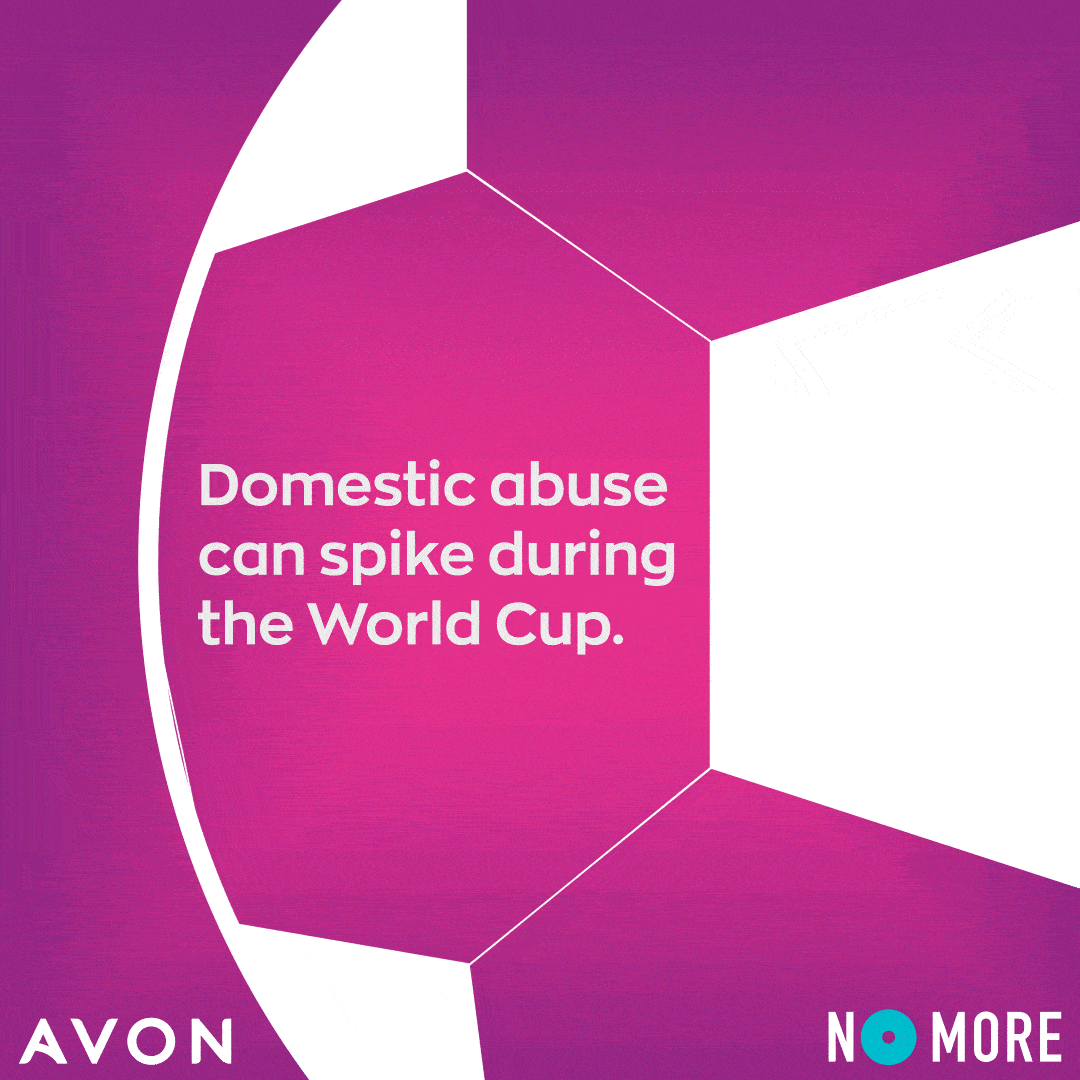
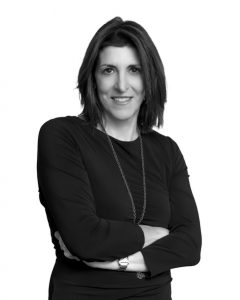 Well, I learned firsthand recently how difficult that is to do when the person who has been hurt is someone you love — in this case one of my closest friends.
Well, I learned firsthand recently how difficult that is to do when the person who has been hurt is someone you love — in this case one of my closest friends.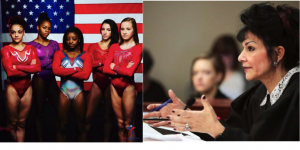
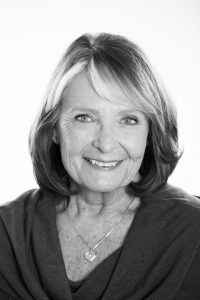 Author Bio: In 2009 Donna founded Time To Tell with a mission to spark stories from lives affected by incest and sexual abuse to be told and heard. She wrote and performs her one-woman play, What She Knows: One Woman’s Way Through Incest to Joy, which is based on her own experience of surviving incest and what she did to make her life worth living. Her book, Healing My Life from Incest to Joy, a narrative of the choices she made and experiences she had that helped her heal from her childhood trauma, will be released by Levellers Press in Fall of 2017. For more information, go to
Author Bio: In 2009 Donna founded Time To Tell with a mission to spark stories from lives affected by incest and sexual abuse to be told and heard. She wrote and performs her one-woman play, What She Knows: One Woman’s Way Through Incest to Joy, which is based on her own experience of surviving incest and what she did to make her life worth living. Her book, Healing My Life from Incest to Joy, a narrative of the choices she made and experiences she had that helped her heal from her childhood trauma, will be released by Levellers Press in Fall of 2017. For more information, go to 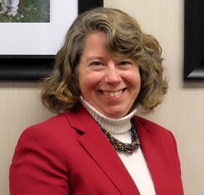 Kristy Trautmann is the executive director of
Kristy Trautmann is the executive director of